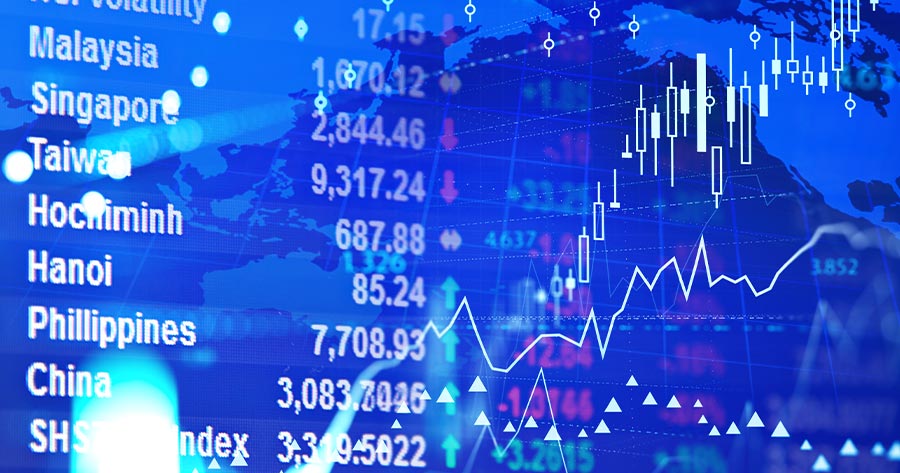On Friday morning (19 Jan, 9:30 AM, GMT+7, Bangkok time), most major indices in Asia Pacific escalated as Japan’s December inflation numbers caught investors attention. The country’s headline inflation rate dropped to 2.6% from 2.8% in November, its lowest level since June 2022, while core inflation rate edged down to 2.3% from 2.5% in November, matching the expectations from economists by a Reuters poll. The Bank of Japan will hold its monetary policy meeting on 22 January and will announce its decision on the following day.
Japan’s NIKKEI increased by 1.61% to 36,035.42. South Korea’s KOSPI climbed by 1.08% to 2,466.33, and Australia’s ASX 200 surged by 0.86% to 7,409.7.
As for stocks in China, Shanghai’s SSEC decreased by 0.4% to 2,834.29. Shenzhen’s SZI slid by 0.31% to 8,819.87, while Hong Kong’s HSI grew by 0.53% to 15,473.47.
Meanwhile, the US stocks market edged up on Thursday as the Dow Jones Industrial Average (DJIA) rose by 0.54% to 37,468.61. NASDAQ increased by 1.35% to 15,055.65, and S&P 500 gained 0.88% to 4,780.94. VIX dropped by 4.46% to 14.13.
As for commodities, oil prices settled higher on Thursday as the International Energy Agency (IEA) and OPEC anticipated the rise of global oil demand in 2024, and the US production output was halted by the extreme cold weather. Meanwhile, the tension in the Middle East continued to raise concerns among oil traders. Brent rose $1.22 or 1.6% to $79.10 per barrel, and the West Texas Intermediate (WTI) surged $1.52 cents or 2% to $74.08 a barrel.
This morning, Brent slumped 21 cents or 0.27% to $78.89 a barrel, while WTI increased 2 cents or 0.03% to $74.1 per barrel.
Meanwhile, gold futures grew by 0.15% to $2,024.6 per Troy ounce.



